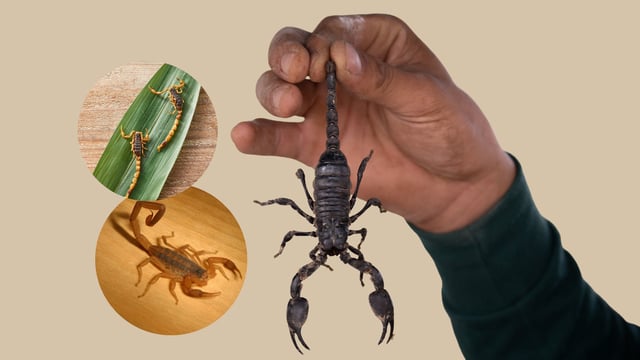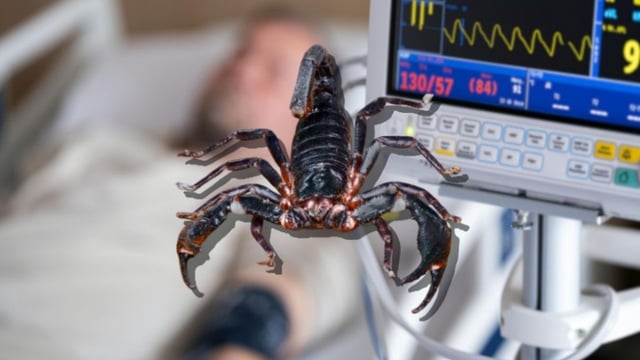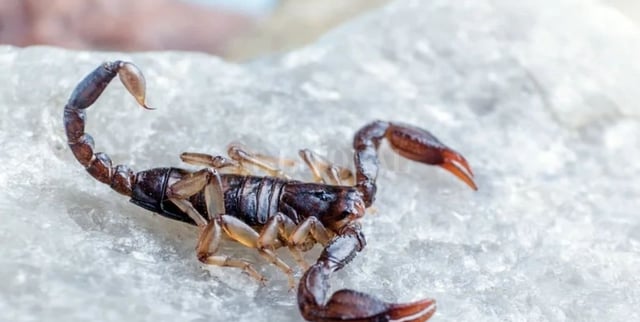Overview
- Scorpion activity increases in heat and humidity, with higher sting risk in summer and after rains as they enter homes at night.
- UNAM notes more than 2,000 scorpion species worldwide and clarifies that only some pose serious danger to people.
- Health authorities outline mild, moderate and severe intoxication, ranging from intense local pain to breathing difficulty, heart rhythm changes and speech disorders.
- Most stings occur inside dwellings in rural areas and marginal urban neighborhoods, according to the Health Secretariat.
- Guidance advises against suction or home remedies and calls for immediate medical attention, paired with home measures such as installing ceilings, using window screens, checking bedding and clothing, keeping patios clean, avoiding bare feet, and wearing gloves for field tasks.


